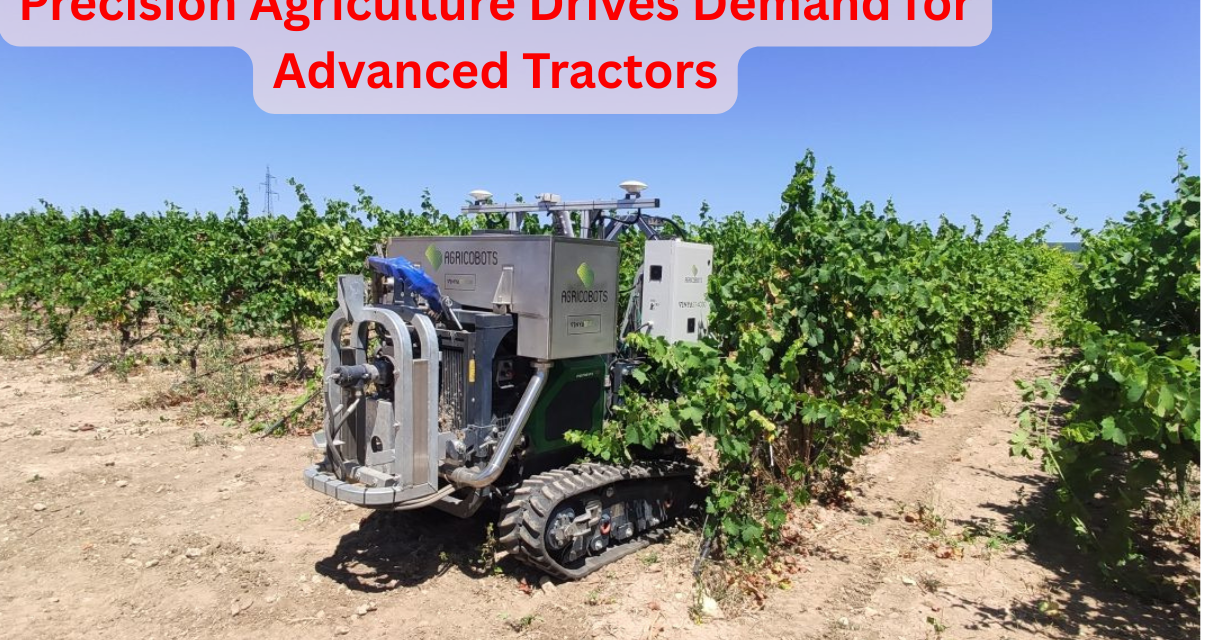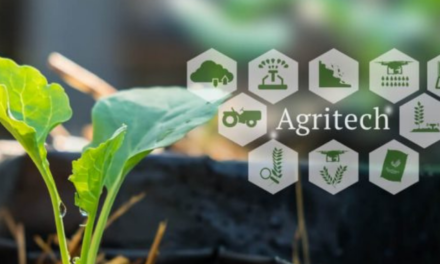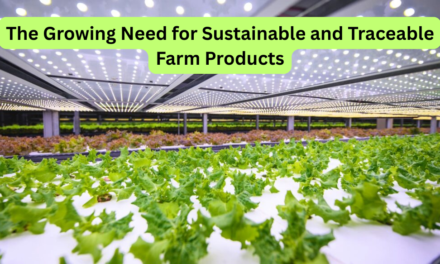Precision agriculture is significantly driving the demand for advanced tractors in India and globally as farmers increasingly adopt technology-driven solutions to optimize resources, enhance productivity, and reduce operational costs. Precision agriculture relies on tools such as GPS, sensors, IoT devices, drones, and data analytics to make informed decisions about planting, irrigation, fertilization, and harvesting. Advanced tractors equipped with smart technologies are at the forefront of this transformation, enabling farmers to perform tasks with higher accuracy, efficiency, and minimal resource wastage.
Modern tractors now come with features such as GPS-guided auto-steering, variable rate technology (VRT), and real-time field mapping, which allow precise application of inputs like seeds, water, and fertilizers, reducing excess usage and improving crop yields. These tractors can integrate with IoT platforms and farm management software, providing farmers with actionable insights on soil health, crop conditions, and machine performance. Additionally, the adoption of electric tractors and autonomous tractors is further enhancing efficiency while addressing environmental concerns by reducing fuel consumption and greenhouse gas emissions.
The rising costs of labor and input materials, along with the need to meet increasing food demands, are pushing farmers to invest in advanced tractors that support automation and precision farming. Government support through subsidies and initiatives like the Sub-Mission on Agricultural Mechanization (SMAM) and the promotion of Agri-Tech startups are accelerating the adoption of these technologies in India. Financial assistance, easy credit options, and rental solutions, such as Custom Hiring Centers (CHCs), are making these high-tech tractors accessible to small and marginal farmers.
Globally, the demand for precision-based tractors is also being fueled by a focus on sustainable agriculture. By minimizing resource wastage and improving productivity, advanced tractors help farmers reduce costs while addressing climate change challenges. This shift toward data-driven, technology-enabled farming marks a new era in agriculture, where advanced tractors play a critical role in achieving food security, resource efficiency, and long-term sustainability. As precision agriculture continues to grow, the market for smart, connected tractors is set to expand rapidly, revolutionizing modern farming practices.









